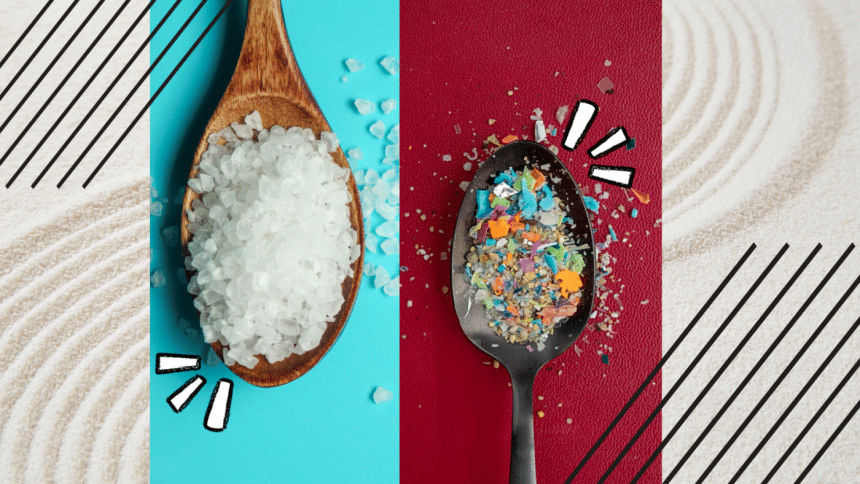High levels of microplastic in salt: Reasons to be concerned

A recent research by Noakhali Science and Technology University (NSTU) has detected high levels of microplastic in the salt collected from 12 salt-producing sites in Cox's Bazar and Chattogram. What makes this even more alarming is the lack of awareness we have regarding this subject matter in Bangladesh.
Chowdhury Tasneem Hasin, the Chief Clinical Dietician and Head of the Department of Dietetics and Nutrition at United Hospital, who also serves as an advisor to Bangladesh Food and Nutrition Association believes, "Given its status as a major fortifier in our bid to move away from malnutrition, we always have big plans involving salt but the situation with microplastic is a cause of concern."
Hasin also said that the rise in level has potentially been happening for years but has just surfaced to light due to studies that began as recently as 2020. The obvious cause here is our excessive use of plastic and our subsequent failure to dispose of it in a proper manner and Chowdhury Tasneem Hasin gave us a complete breakdown of the situation.
"No proper recycling technique for plastic exists in Bangladesh. There are no proper segregation plans to separate plastics either. Had we been more mindful of our inadequacies and bridged the gaps, this crisis would not have spread to a microlevel", Hasin elaborates.
The sense of urgency to address this issue stems from the fact that microplastic comes with a string of harmful effects. "It is carcinogenic. It harms our gastrointestinal and respiratory health. It causes inflammation, infection, and abdomen pain. It disrupts our hormones, causes infertility and even congenital issues in foetuses," reveals Tasneem as she talked about the need to bring matters under control.
However, she also opened up to the sad reality that this is a problem that cannot be completely solved; we can only minimise the effects.
"Burning salt before consuming can be a very helpful way to make sure it is safer. Soft plastic like grocery bags melts at 200 F. Hard plastic is a completely different case and can take up to 500 F. Of course, overheating will destroy a lot of the minerals but that still makes the salt safer to consume," adds Tasneem.
"I advise my patients to avoid raw and table salt. I recommend that they only consume salt produced by credible brands. I have been also suggesting people to replace using salt directly with salt water. That way, heavier particles will get sedimented," she adds.
There have been movements in developed nations to chemically treat sea water before evaporation which according to Tasneem is a solution that we can also look into down the line.

 For all latest news, follow The Daily Star's Google News channel.
For all latest news, follow The Daily Star's Google News channel. 





Comments